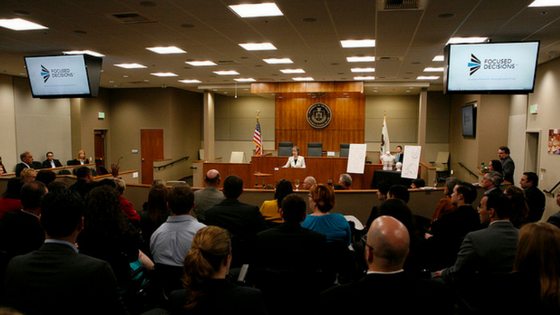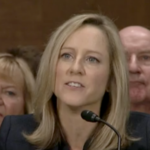A federal judge in Michigan has granted a summary judgment motion in favor of a defendant who was sued for allegedly violating the Fair Debt Collection Practices Act by not properly reporting to the credit bureaus that the debt had been disputed.
A copy of the ruling in Mitchell-Williams v. Capio Partners, LLC can be accessed by clicking here.
The defendant was attempting to collect an unpaid medical debt of $66.41 and reported the debt to two the credit bureaus — TransUnion and Experian. In February 2017, the plaintiff sent the defendants a letter disputing the debt. That April, the defendant sent updates to the two bureaus that the debts were now being disputed. For some reason, the update sent to TransUnion was not received by the bureau and it told the defendant that it had processed the dispute manually. In May, the defendant sent TransUnion a notification requesting the tradeline be deleted from the plaintiff’s credit report. A week later, the plaintiff obtained a copy of her credit report, which not only showed the debt on it, but indicated that the debt was not being disputed. She subsequently filed suit.
Because the defendant had communicated to the credit bureau that the debt was being disputed, it had done all it could do, said Judge Caram Steeh in his ruling. “TransUnion’s apparent failure to respond does not render Capio liable under the FDCPA,” he said. Furnishers can not be held liable for a credit bureau’s failure to properly act on a request from a furnisher.
The plaintiff also tried to convince the judge that the defendant waiting more than a month to file the dispute notification was also a violation of the FDCPA. Judge Steeh was not convinced, citing a precedential case in which a two-month delay was deemed to be reasonable. “Plaintiff has not demonstrated that the month-long delay between the time Capio received her dispute letter and the time it informed the credit reporting agencies of the dispute constitutes a violation of the FDCPA,” Judge Steeh wrote in his opinion.









